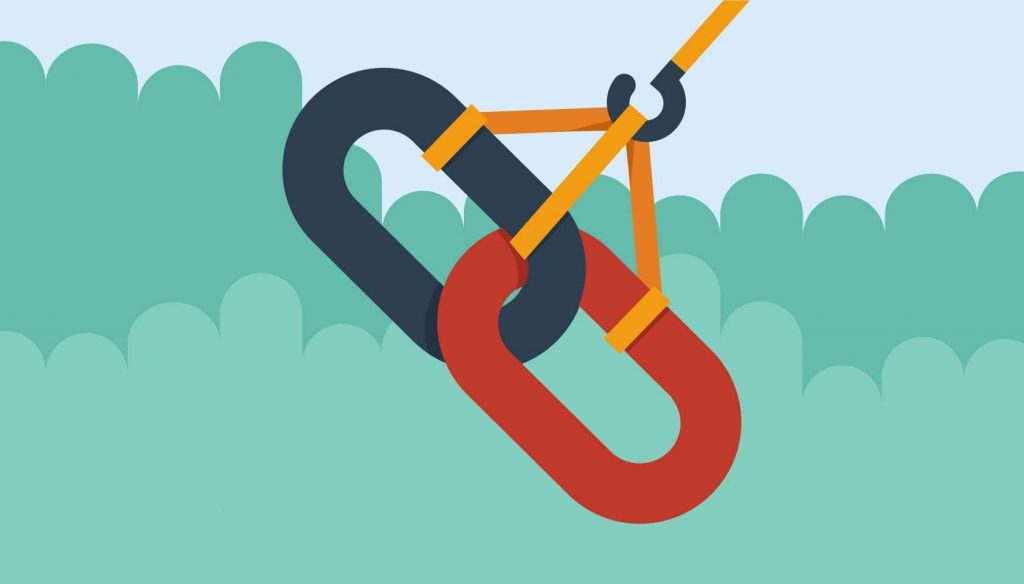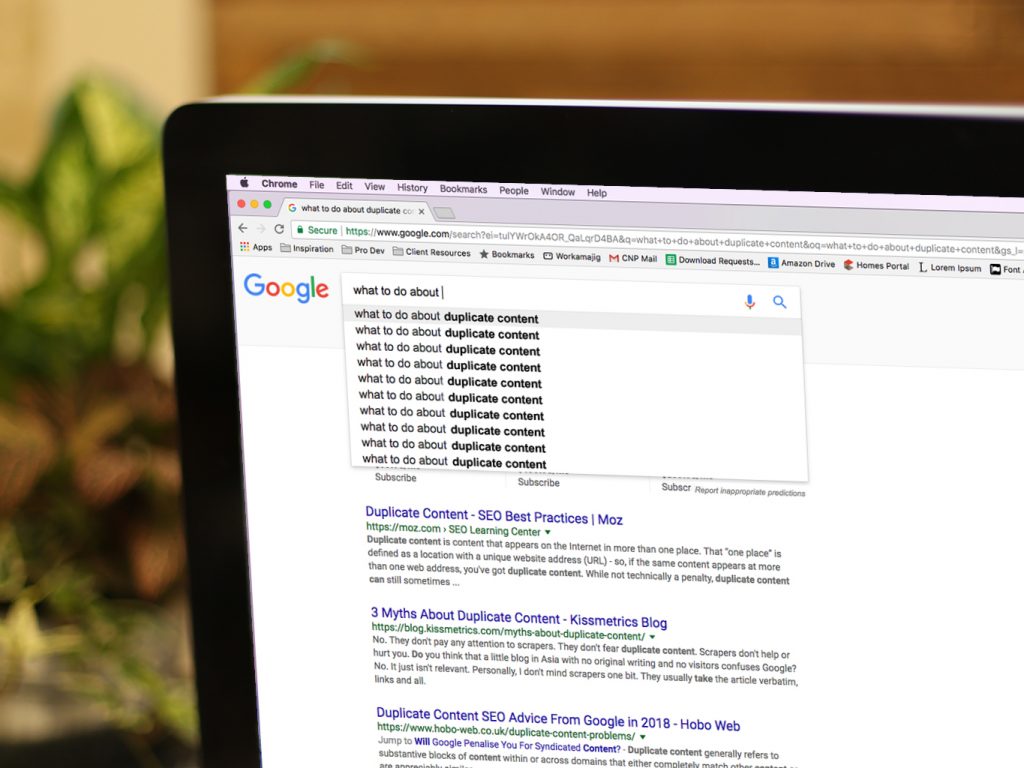
When you have a website that yields you money, you need to manage it well and professionally. Your web pages must look smarter, relevant, and useful for your potential customers. You need to optimize your site for occupying the highest spot in the SERPs. Then, there are several misconceptions surrounding SEO that you need to shake these off with the New Year ringing in soon. If you implement the right SEO tactics sans these myths, you can achieve high organic rankings in Google’s search results.
Google is particular these days. Web indexes rank sites they realize they can trust. They need to give clients the most important data.
The greater the power your site gains, the more it is trusted by Google. This takes a lot of time and bunches of endeavours. Is it true that you are constantly improving your site and promoting exercises to ensure you are remaining applicable to both Google, and your clients?
According to an article published on Search Engine Journal, there are numerous facts that you think are right but in reality, these are SEO misconceptions. Here in this article, we are going to discuss the three SEO myths that you need to bust in 2020.
1. Many keywords (KWs) means poor organic rankings

There is some discussion in the industry that too many KWs mean poor rankings. Google would penalize those websites that have over-optimized search phrases. No, it does not work that way. If your content has a natural flow of useful information with KWs placed naturally in the copy, such content that has value to users will boost your website rankings.
Therefore, avoid focusing too much on the number of times a KW is used or the number of KWs used in your home page, service page, or blog post. It does not matter provided you have quality content. With the combination of unique, informative content and New York SEO services, you can boost your website rankings in the SERPs.
The system to put whatever number watchwords as could be expected under the circumstances into each page had been effectively worked more than 15 years back. Such substance, for the most part, doesn’t bode well since it is centred around web indexes, yet not on the client. Google calculation refreshes have discarded in 2008 and again in 2012. Today Google punishes locales for catchphrase stuffing and rewards significant substance.
The matching keywords in titles and contents are standard worked longer than 10 years back. Nowadays on the off chance that you depend on specialized SEO exclusively, you will carry your site to the dark gap of the SERP found on page 2 and past. Clear, helpful data about a subject that is effectively coherent is the most ideal approach to be positioned better for quite a while
2. More backlinks are better and also social media doesn’t help SEO

Truly, yet no. This one is precarious. Numerous individuals center just around the number of backlinks, however, what you should concentrate on is the quantity of alluding spaces. On the off chance that a site is ceaselessly connecting you with no genuine setting, it could adversely influence your SEO. You know the idiom “quality over amount? ” this applies to backlinks. A thousand backlinks from two or three low-quality sites aren’t superior to one backlink from a quality, high-authority site.
Web-based social networking doesn’t help SEO all that much in case you’re considering momentary objectives. Be that as it may, online networking helps enormously as long as possible. Much like SEO, web-based social networking sets aside some effort to produce results, and it’s a progressing procedure. It gives you interface openings, with an opportunity to manufacture a crowd of people and notoriety.
3. Google penalizes duplicate content

No, Google will not penalize because penalties happen when the search engine giant understands that your business website is defying webmaster guidelines. When your site tries to employ manipulative or misleading ways to boost rankings, only then your website would be penalized, else not.
Google will not penalize duplicate content. If Google finds you have several pages with the same content, the search engine giant will not rank all the web pages in the SERPs for the same search query. It is as simple as that. The crawlers will determine which page to rank and why, and therefore, it may have an adverse effect on organic rankings. Therefore, it’s recommended that you add fresh content on every web page.
There is a scrap of truth right now (and you’ll see that I will, in general, compose long structure content as opposed to short articles).
Truly you have to compose as much varying to address the inquiry/spread the point that your crowd is looking for. As you need to rank over your opposition, you should be superior to them – so offer more.
In case you’re composing a blog for a bookkeeping firm on end-of-year accounts, you’re not going to have the option to cover everything those potential customers need to know in only 500 words. A progression of online journals could do it however why send individuals to different connections or expectations they’ll return for your next blog when you can have all that they need in the one article, to begin with?
4. Crawl budget is not a problem at all

Crawl budget is a problem for the big enterprise websites with multiple pages. Each of these pages needs to be crawled in a regular manner. The best way to ascertain whether Google has crawled most of the web pages is by figuring out if Googlebot is crawling many 404 web pages. It shows that the most important pages of your business website been crawled by search engine crawlers. Crawl budget is a complicated subject and many website owners think that Google can crawl all the pages of a particular website, which is not true.
Final words
Avoid these SEO myths to affect your search campaign efforts. Implement the latest optimization tactics to rank high in the SERPs. Stay updated with the latest SEO updates and trends instead of believing in these myths.

